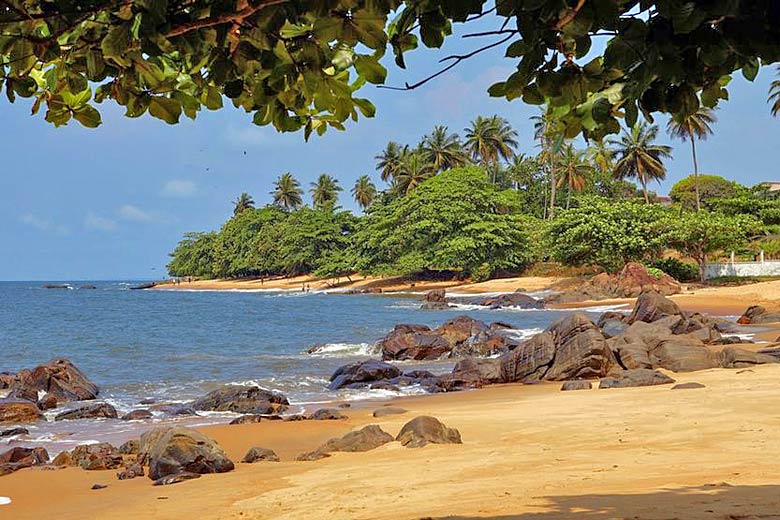- Book online with TUI & save up to 8% on holidays
- FREE child places available for select holidays
- Pay £0 deposits with direct debit & spread the cost
UAE weather by month
Check out the UAE weather averages by month. Compare detailed monthly climate statistics including temperature, rainfall and sunshine figures.
| Jan | Feb | Mar | Apr | May | Jun | Jul | Aug | Sep | Oct | Nov | Dec | |
|---|---|---|---|---|---|---|---|---|---|---|---|---|
| Maximum daytime temperature °C |  24 24 |
 25 25 |
 28 28 |
 33 33 |
 37 37 |
 39 39 |
 41 41 |
 41 41 |
 39 39 |
 36 36 |
 31 31 |
 26 26 |
| Hours of sunshine (daily) | ||||||||||||
| Days with some rainfall |  2 2 |
 4 4 |
 4 4 |
 2 2 |
 0 0 |
 0 0 |
 0 0 |
 0 0 |
 0 0 |
 0 0 |
 0 0 |
 2 2 |
| Sea temperature °C |  23 23 |
 22 22 |
 23 23 |
 25 25 |
 29 29 |
 31 31 |
 33 33 |
 33 33 |
 33 33 |
 31 31 |
 28 28 |
 25 25 |
More about the UAE
UAE by month
Jan Feb Mar Apr May Jun Jul Aug Sep Oct Nov Dec
Recommended for the UAE
The climate guide for UAE (Dubai) shows long term monthly weather averages processed from data supplied by CRU (University of East Anglia), the Met Office & the Netherlands Meteorological Institute. Find out more about our data sources.
Top UAE destinations
Below are average maximum temperatures at popular countries, regions and places in the UAE for next month - August. Select a destination to see the climate guide for all months of the year.
All UAE destinations
Metric (°C / mm) | Imperial (°F / inches)
UAE climate overview
The United Arab Emirates is a federation of seven sheikhdoms on the southern coast of the Persian Gulf between Saudi Arabia and Oman.
Created in 1971 from what were the Trucial States under British rule, the UAE now boasts an affluent petro-economy, which has been diversifying into tourism.
The Arabian Gulf coast is blessed with white sand and warm sea. An increasing number of luxury hotels offer carefully manicured beaches with palm trees but plenty of wilder, deserted shoreline still exists.

All the major cities lie along the coast, which is dry, sunny, and hot during the summer with high humidity making it feel oppressive. Winters are warm or hot with occasional showers between November and March. Due to the thick haze that plagues the coast, blue skies can often appear white.
Further inland the sparse scrub vegetation gives way to undulating dunes of yellow sand that becomes orange and eventually red at the heart of the Empty Quarter bordering Saudi Arabia.
The desert here is very accessible with a tarmac road cutting a swathe through even the highest and most impressive dunes, found towards Liwa. The desert is sunny and very hot by day but cool at night, even cold during winter nights. Rainfall is non-existent in summer, and quite rare in winter.
In the East the Hajar Mountains run down the coast towards Oman, a barren and desolate backdrop, which supports little or no vegetation despite frequent afternoon summer showers. Their imposing bleakness is spectacular in itself.
Dubai has become the glitzy tourist hub of the Middle East with a proliferation of futuristic buildings making for a unique and bizarre skyline.
More about the UAE
Compare UAE with the UK
Below the UAE chart shows average maximum daytime temperature for United Arab Emirates (Dubai) and the UK (London).
Maximum daytime temperature (°C)
Metric (°C / mm) | Imperial (°F / inches)
Be inspired
Get your weekly fix of holiday inspiration from some of the world's best travel writers plus save on your next trip with the latest exclusive offers
We promise not to share your details
Related posts
Popular travel offers
Explore holidays in the sun for less
- Beach holidays
- Family holidays
- City breaks
- Summer holidays
- Winter sun holidays
- Holiday offers
- Top travel brands
- Airlines & flights
- Discount hotels
- Airport parking deals
- TUI
- Jet2holidays
- easyJet holidays
- Love Holidays
- January sales
Airport parking
- Manchester Airport
- Stansted Airport
- Bristol Airport
- Luton Airport
- Birmingham Airport
- Edinburgh Airport
- Gatwick Airport
- Glasgow Airport
- Newcastle Airport
Airport lounges
- Manchester Airport
- Birmingham Airport
- Bristol Airport
- Edinburgh Airport
- Glasgow Airport
- Heathrow Airport
- Newcastle Airport
- Stansted Airport
- Gatwick Airport















 TUI deal finder
TUI deal finder




